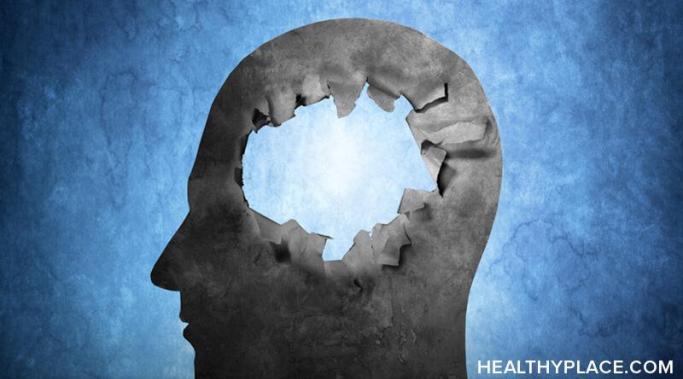We all have habits that cause anxiety or worsen existing anxiety. This does not mean that we're intentionally causing our own anxiety, not at all. No one is to blame for their anxiety. Habits are merely things we do (or don't do) because we're so used to doing them, we don't even think about them. Occasionally operating on autopilot and inadvertently doing things that worsen or cause anxiety is actually pretty empowering. When you learn about habits that worsen your anxiety, you can actively stop those actions and replace them with more mentally healthy ones.
Anxiety Causes
Gun control is a hot topic. When online, I generally avoid political discussions. Because so many of them are so prone to devolve into toxic shouting matches, I find it healthier to stay away. Today, however, I’m diving in headfirst. The country is still reeling in the aftermath of the shootings in El Paso and Dayton, and quite frankly, I’m pissed off. Once again, a certain segment of the population is refusing to budge on any meaningful discussion concerning gun control, and I’m just sick of it. If we don’t have meaningful action on gun control, this country is going to drown in anxiety.
It would be nice to change your anxious thoughts because they often cause great misery. It can be annoying when ideas crashing around in our brain cause anxiety. These crashing and rumbling ideas are known as automatic negative thoughts (ANTs). They often overpower all other thoughts so we believe that our ANTs are true and reliable, and anxiety grows bigger and stronger. Negative, anxious thoughts further control how we interpret the world by imposing a bunch of rules on how we think and what we do. Knowing the rules will help you break the rules so you can move away from anxiety's control and change your anxious thoughts.
I feel high anxiety in the heat. This is not the first time I’ve mentioned this. I just don’t deal with heat well. I never have. Not surprisingly, July is perhaps the worst month for someone like me, as it’s often more than just hot – it’s unbearably hot.
The idea of status anxiety is one that has been gaining traction in the cultural landscape since the early 2000s. For those who are unaware, status anxiety is, more or less, exactly what the name suggests: feeling anxious because your financial or social standing is not where you want it to be.
If you have high expectations for yourself, chances are those expectations are causing at least part of your anxiety. When we expect too much of ourselves, we push ourselves to "do" beyond what the human brain and body are supposed to be reasonably capable of. Maybe we sleep less. Or don't take the time to prepare and sit down to a healthy meal. Exercise might go by the wayside, and who has time to relax and read or enjoy a hobby? Sacrificing physically and mentally healthy living to meet demands and high expectations can cause significant anxiety and stress.
Learned helplessness is a psychological concept I’ve been familiar with for a while, but had never, until recently, thought to apply it to anxiety. It is most commonly framed in terms of depression, but as I’ve given it more thought, the concept can very easily be carried over to anxiety and may provide insight as to why it can be so difficult to pick yourself up when things get really bad.
Clutter and disorganization in your personal space and surrounding area can be worse than annoying: they can make you anxious. While clutter doesn't directly cause anxiety to begin, a messy area can cause your sense of anxiety to flare whether you live with an anxiety disorder or experience anxiety but not a disorder. Here's a look at how clutter can affect anxiety and anxiety-friendly ways to fix it.
Though the potential causes of anxiety are infinite in number, I would suggest that issues surrounding communication are among the most significant. In this post, I want to argue for the importance of always being as open as possible when communicating with others, as I believe it is an important way to mitigate the potential negative effects of anxiety.
Dealing with boundary issues can cause anxiety, but it's possible to reduce that anxiety and establish healthy boundaries. Boundaries refer to your sense of yourself as well as when, where, how much, and from whom you'll give and take. The ability to establish boundaries helps your mental health as well as your relationships with others; however, anxiety can cause the inability to create boundaries just as the lack of boundaries can cause anxiety. Despite the double-edged sword, there are ways you can reduce anxiety around boundary issues to improve your quality of life.









